Property handover in Dubai is an eagerly awaited milestone in the journey of property buyers, especially those investing in off-plan developments. While developers typically strive to adhere to construction timelines, unforeseen delays can sometimes disrupt the handover process.
If you find yourself facing such a situation, it’s crucial to know how to navigate the complexities of delays in Dubai.
In this article, we’ll explore the steps you can take to address and potentially resolve these delays while keeping your rights and investments protected.

Ensuring Financial Compliance
The first and foremost step when dealing with delays in Dubai is to confirm that you have met all financial obligations and paperwork requirements.
Verify that you have made all the necessary payments, including fees and installments, by the project’s handover date.
Additionally, ensure that you’ve submitted all relevant documents as per the terms of your agreement with the developer.
Physical Inspection and Developer Communication
Visiting the project site can provide valuable insights into the status of your property and its completion timeline.
Engage in direct communication with the developer to gain clarity on the estimated completion date.
Alternatively, you can leverage the Dubai Land Department’s (DLD) website, which offers detailed information about the progress and expected completion dates of registered off-plan projects in Dubai.
RERA Project Status Check
In some cases, handover delays in Dubai may be due to the cancellation of the project by the Real Estate Regulatory Authority (RERA). This can occur for various reasons, such as changes in urban planning projects affecting the project’s land.
If RERA cancels a project, it is typically transferred to the liquidation committee and eventually to the Dubai Real Estate Court, where the settlement of rights and liquidation for purchasers is handled. To ascertain the status of a real estate project, you can visit the DLD’s website and check its ‘Project Status’ section.
Negotiation with the Developer
Assuming that the project is not canceled by RERA, the next logical step is to initiate negotiations with the developer.
Your contract or Sale and Purchase Agreement (SPA) is a valuable resource in this regard, as it often contains clauses outlining the course of action in case of handover delays.
These contract provisions not only guide your negotiations with the developer but also provide insights into the legal options available to you.

Legal Action as a Last Resort
If negotiations with the developer prove unfruitful, you may consider legal action to address the property handover delay in Dubai.
It’s important to note that developers are typically granted a one-year grace period from the handover date specified in the SPA. Beyond this grace period, you have the option to pursue legal remedies.
Seek the assistance of a qualified property lawyer and file a case with the Dubai Real Estate Court, which specializes in property-related disputes.
Depending on the specific clauses and conditions in your contract, you may be eligible to claim compensation for the delay, including interest, deposits, or additional payments.
Alternatively, some contracts may permit contract termination under specific conditions, with the possibility of recovering your invested amount.
Preventing Delayed Property Handovers
While dealing with delays is challenging, proactive measures can be taken to minimize the risk of encountering such situations in the first place.
1. Research the Developer
Before investing in off-plan property in Dubai, conduct thorough research on the developer’s track record. Evaluate their history of completing projects and adhering to handover schedules.
Seek insights from other investors and consider visiting the project site for a firsthand assessment. It’s imperative to invest in off-plan property only from reputable and reliable developers.
2. Verify RERA Registration
Ensure that both the project and developer are registered with the Real Estate Regulatory Authority (RERA) before committing to an off-plan investment.
You can verify the registration status of a real estate project on the Dubai Land Department’s website, providing you with confidence in the legitimacy of your investment.
3. Confirm Escrow Account
According to Law (8) of 2007, all real estate developers must maintain an escrow account registered with the Dubai Land Department (DLD) for the sale of off-plan units.
This account ensures that all payments made by investors are securely deposited. To validate the developer’s compliance, visit the DLD’s website and search for the project’s escrow account details.
4. Validate Necessary Permits
Ensure that the developer has obtained all required permits and approvals from the DLD to promote and sell off-plan properties. This step assures you that the project adheres to legal and regulatory standards.
5. Scrutinize Contract Clauses
Finally, scrutinize the clauses within your Sale and Purchase Agreement (SPA) before signing. These clauses play a pivotal role in safeguarding your rights and interests in the event of a delay.
Confirm that the contract includes provisions to address delays and the associated consequences.

Property handover delays in Dubai can be a challenging situation to navigate, but with careful planning and adherence to legal and contractual provisions, you can protect your investments and seek resolution.
Remember that open communication with the developer is often the first step in resolving delays amicably, while legal action should be considered as a last resort. By taking proactive measures and staying informed, you can enhance your chances of a smooth handover experience in Dubai.
For more valuable information’s like this keep visiting our website…


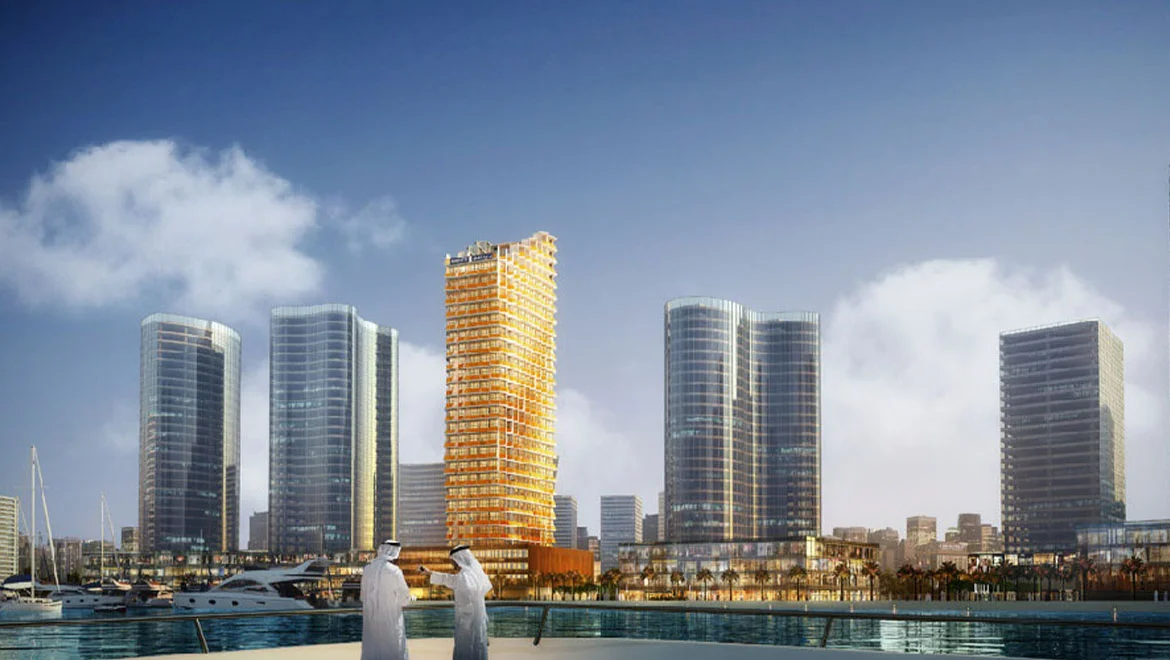
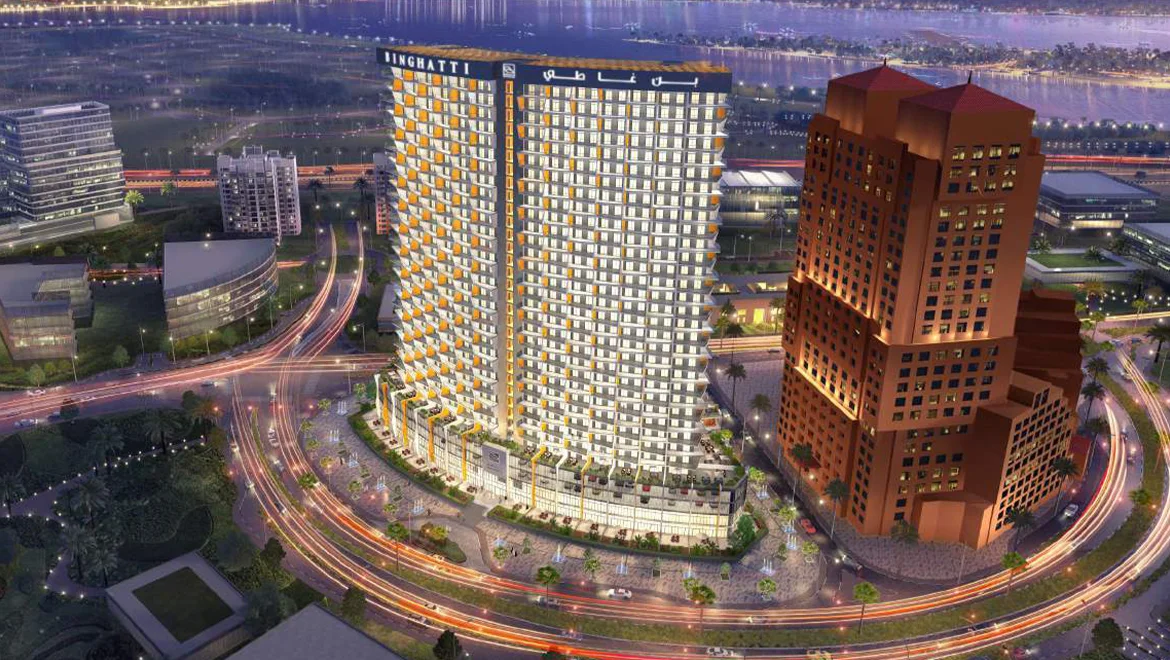
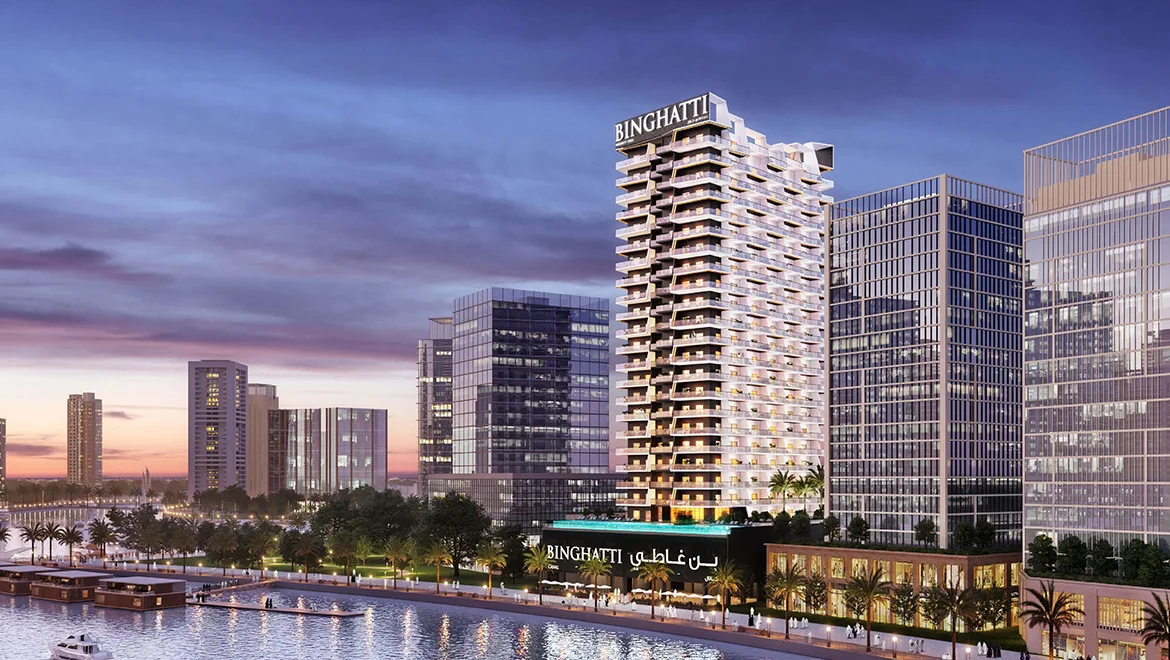
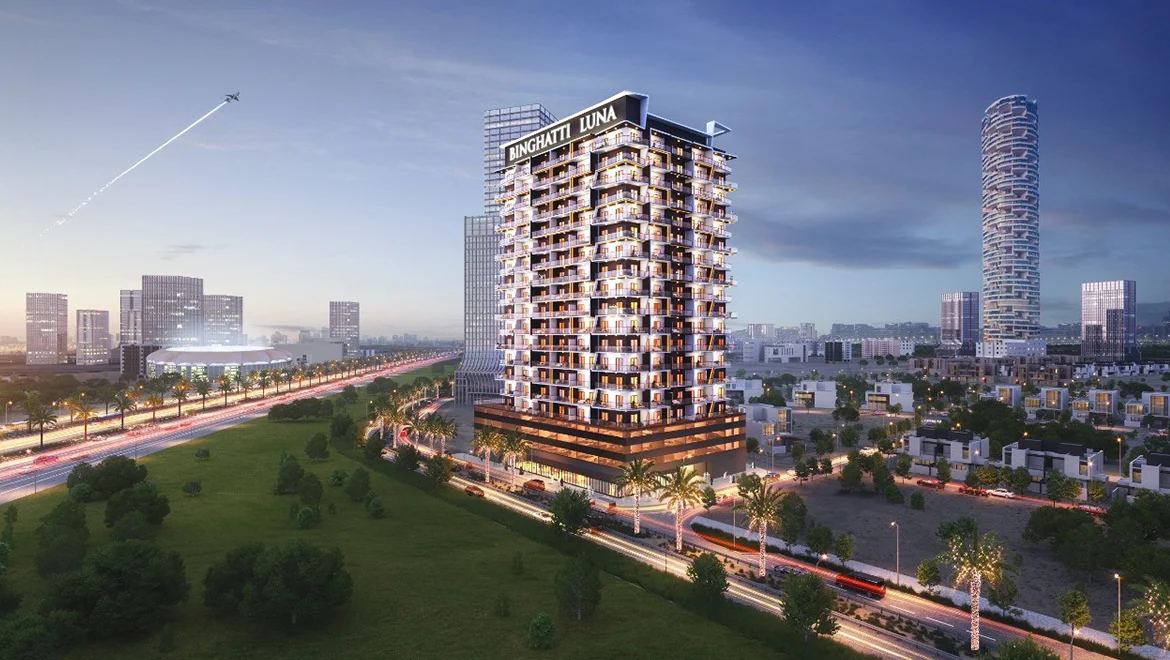
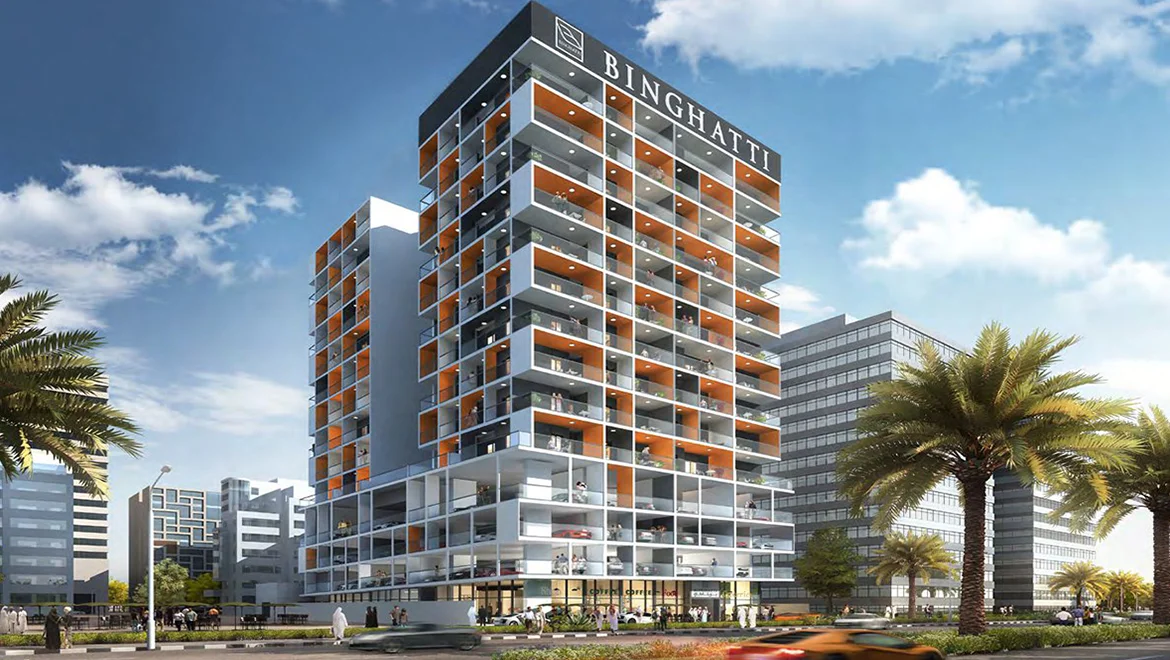
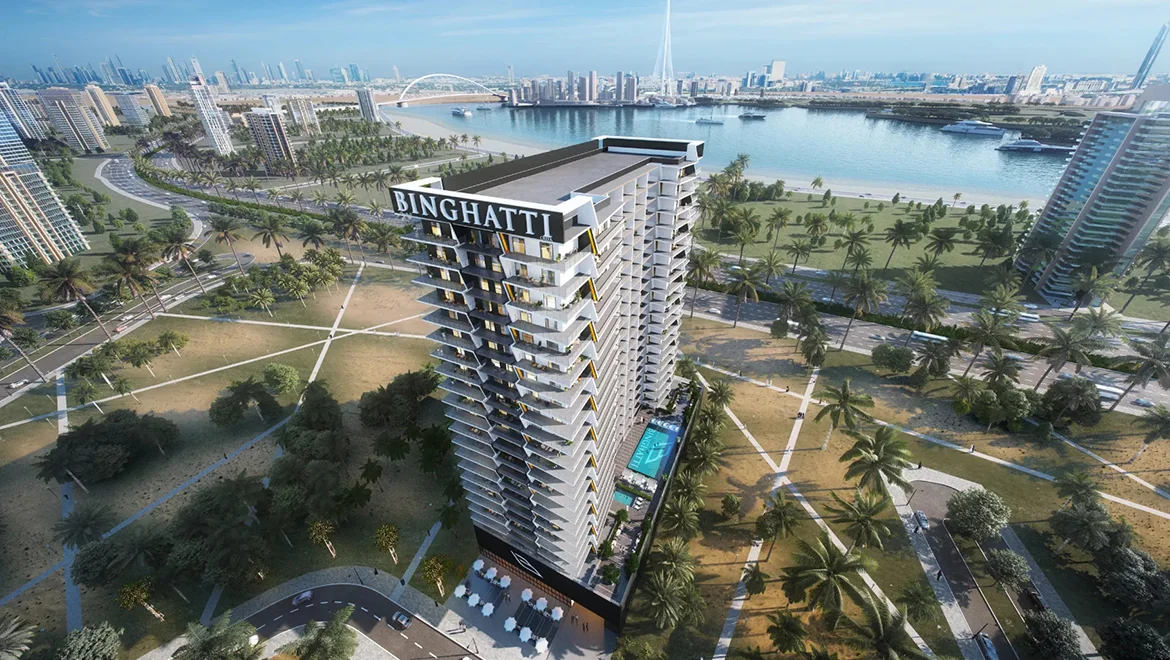
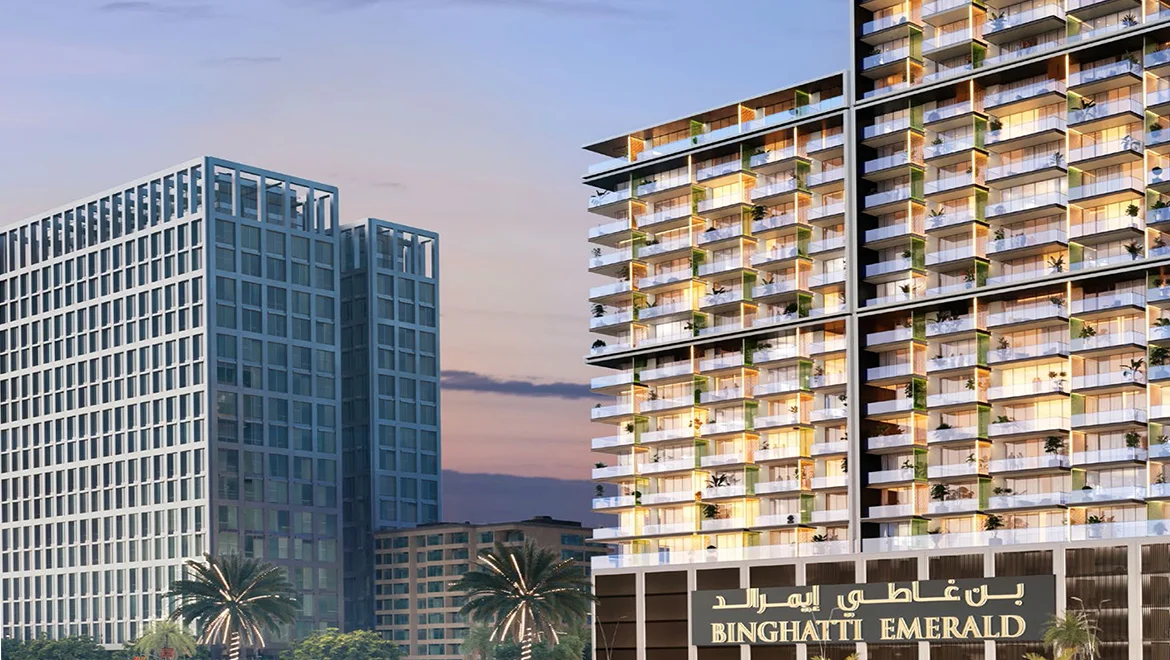
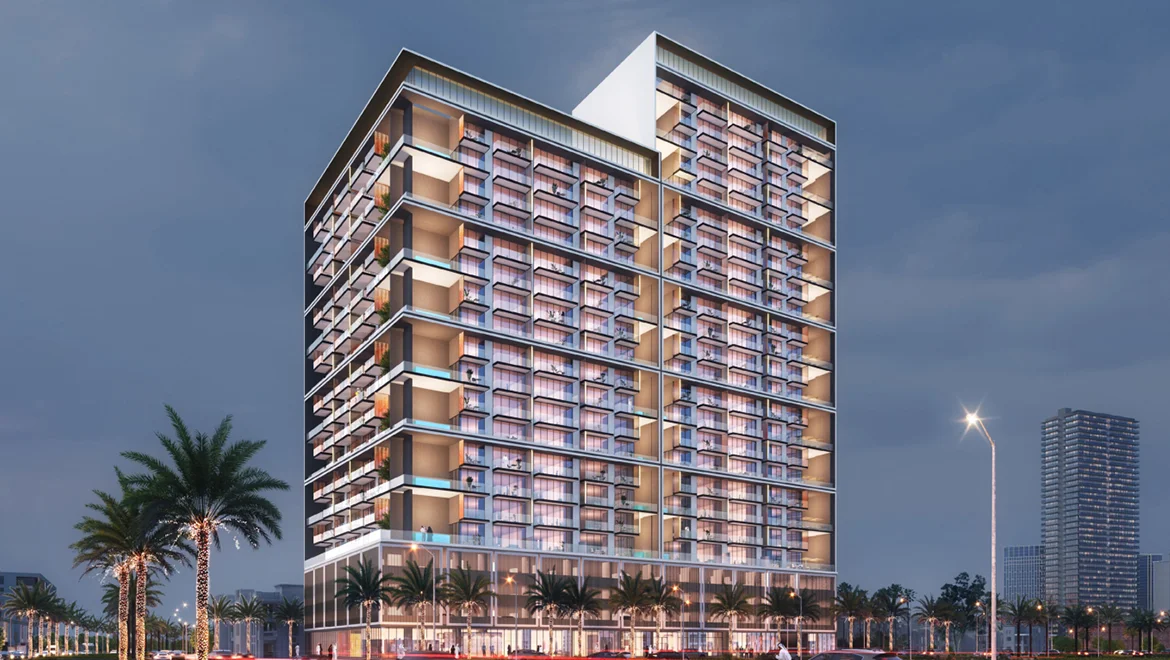
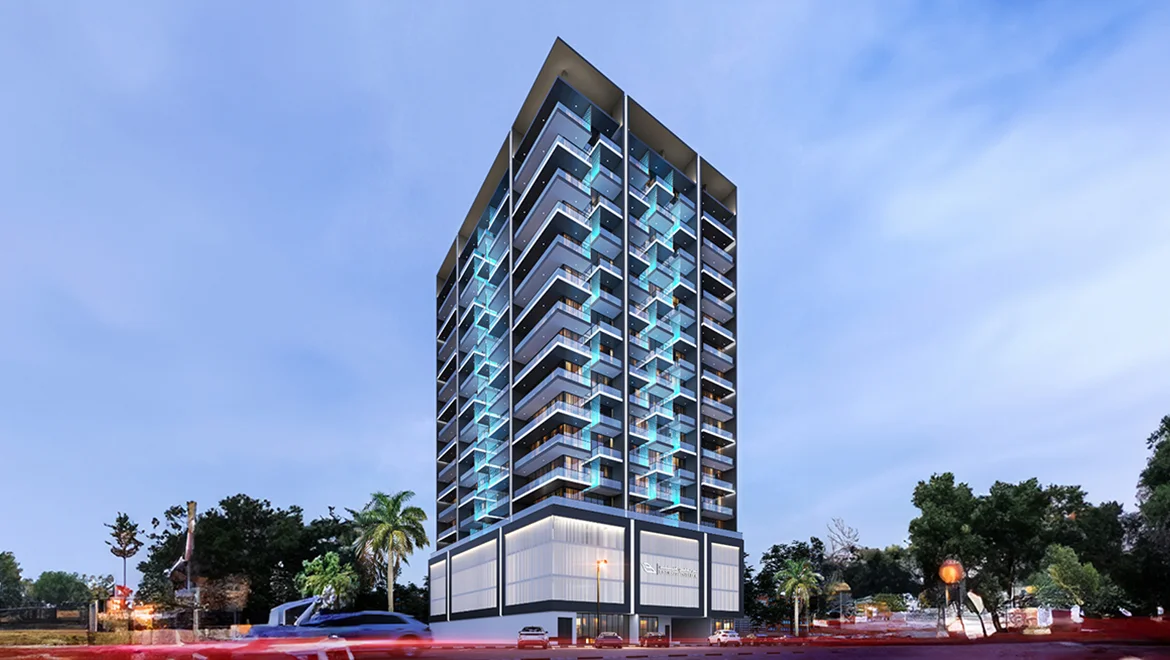
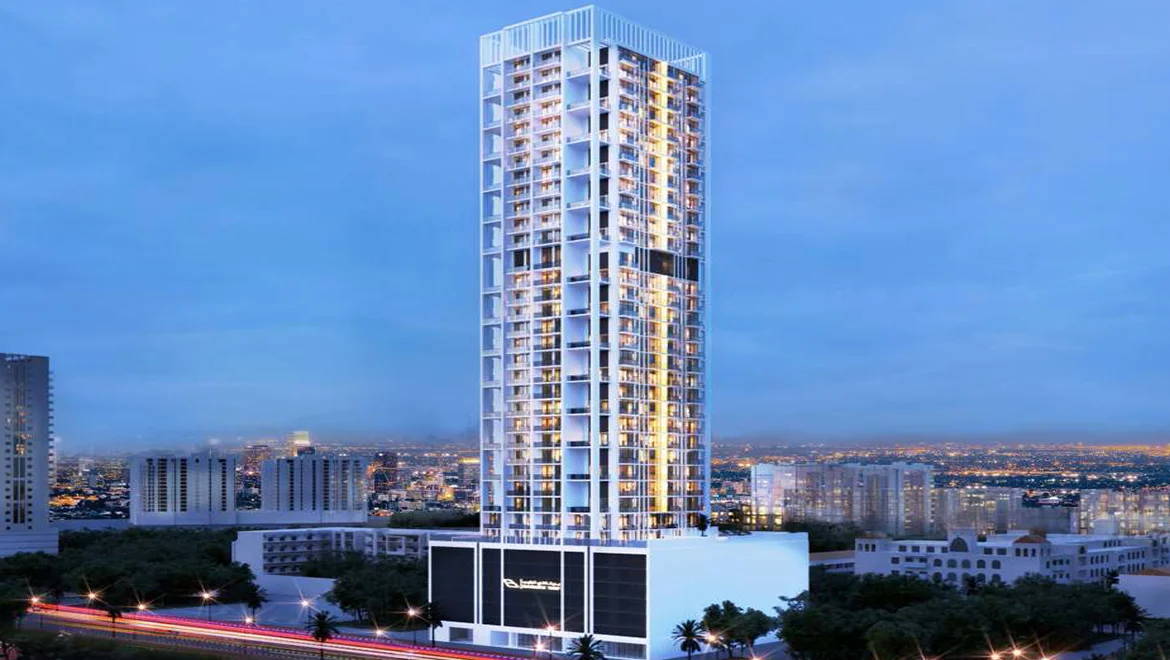
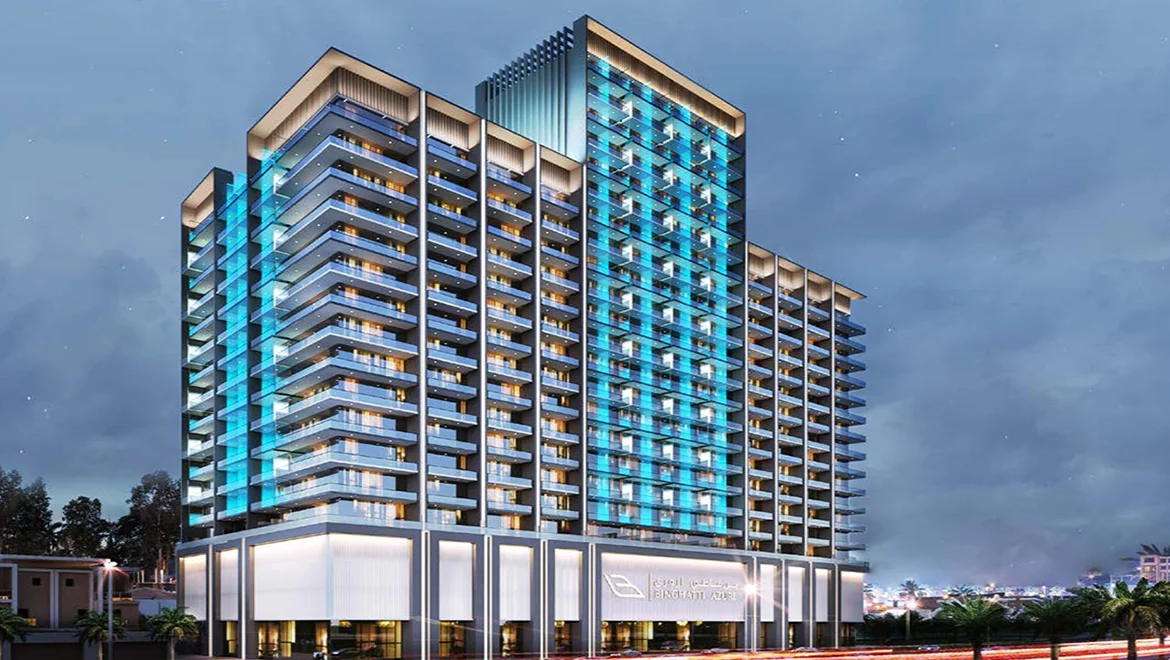
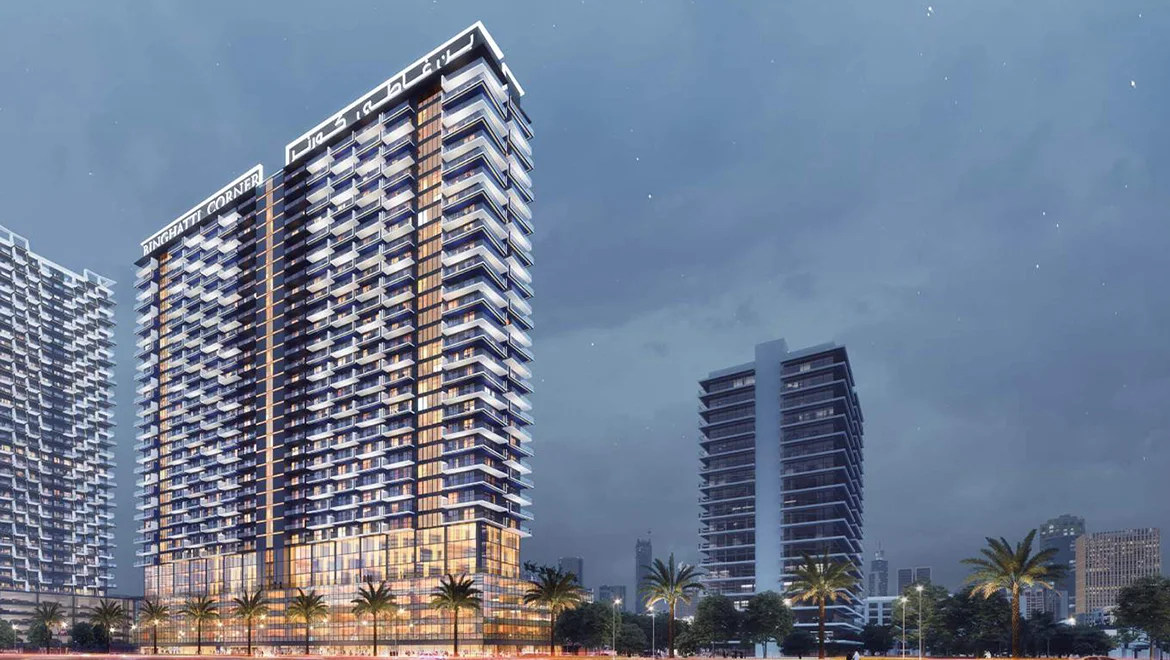
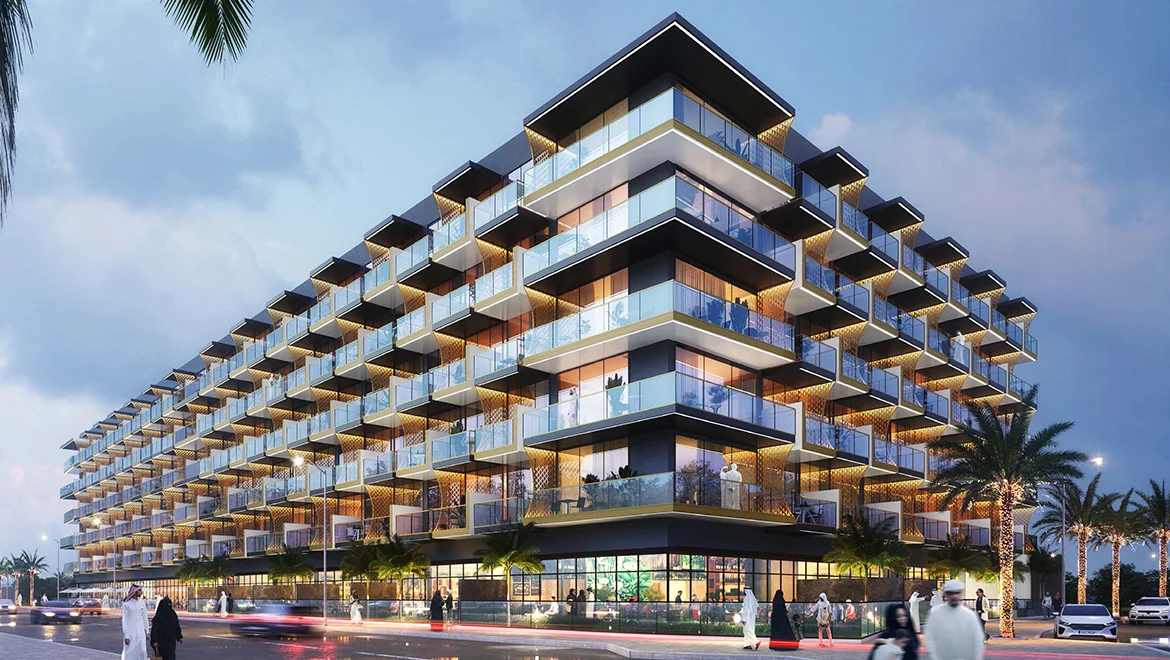
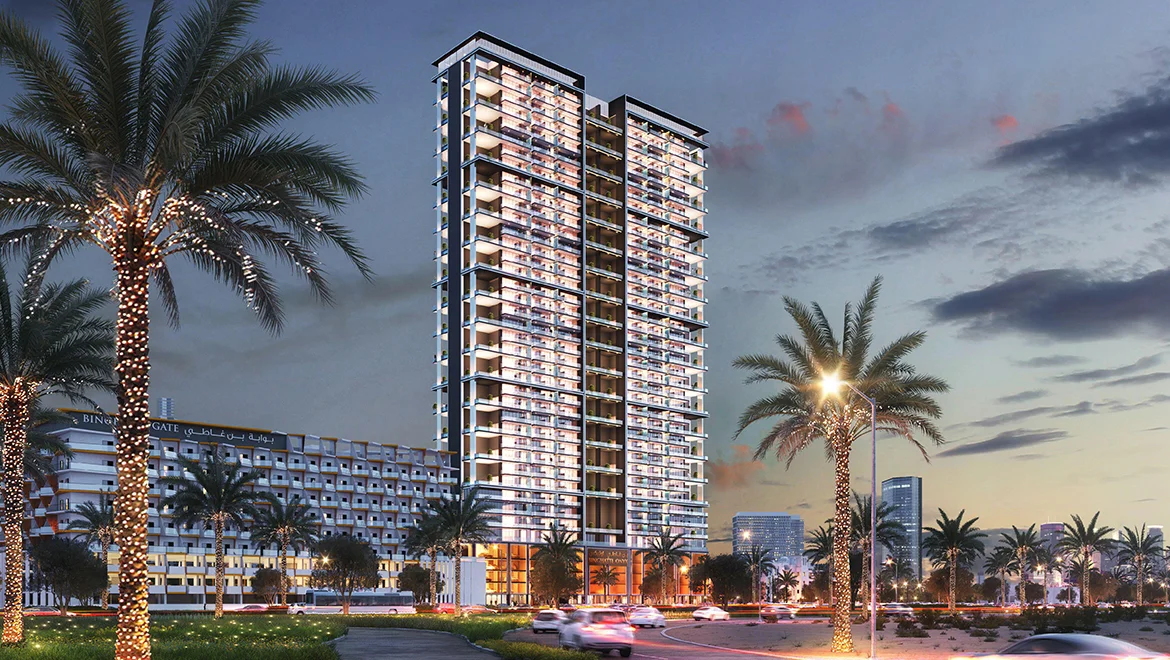
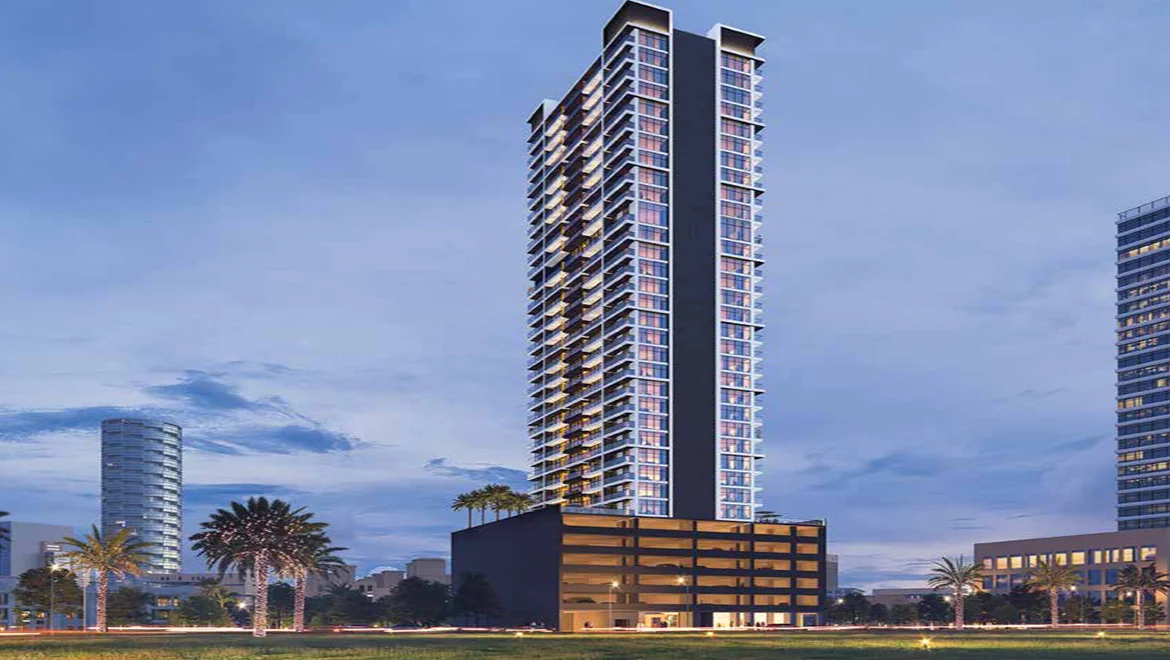
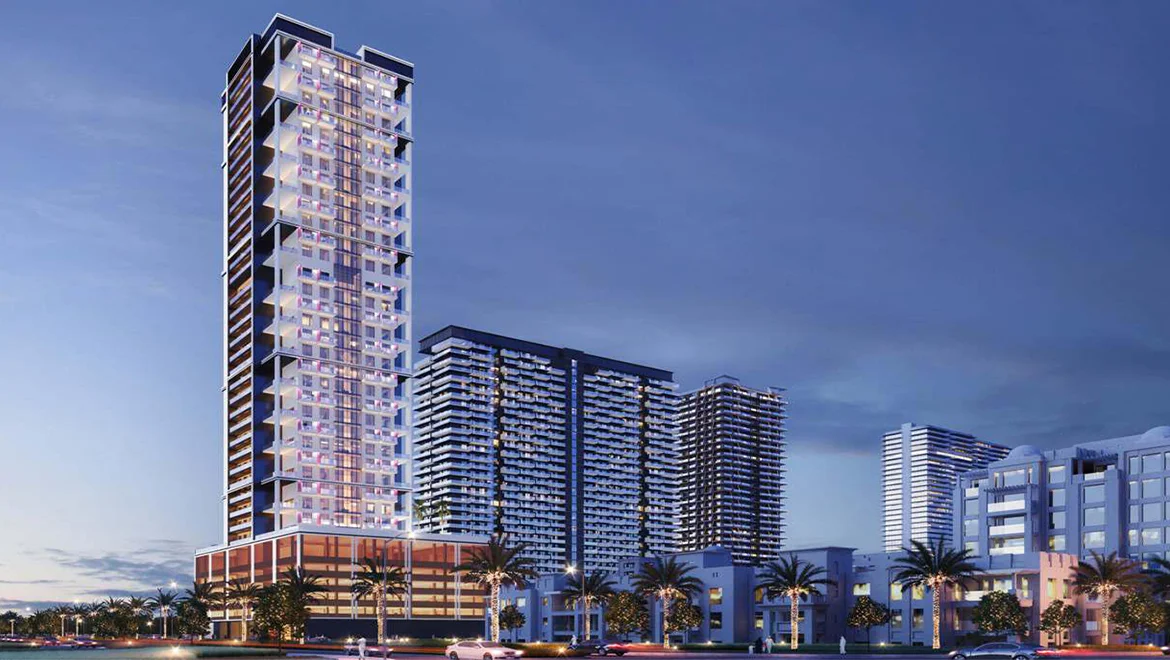
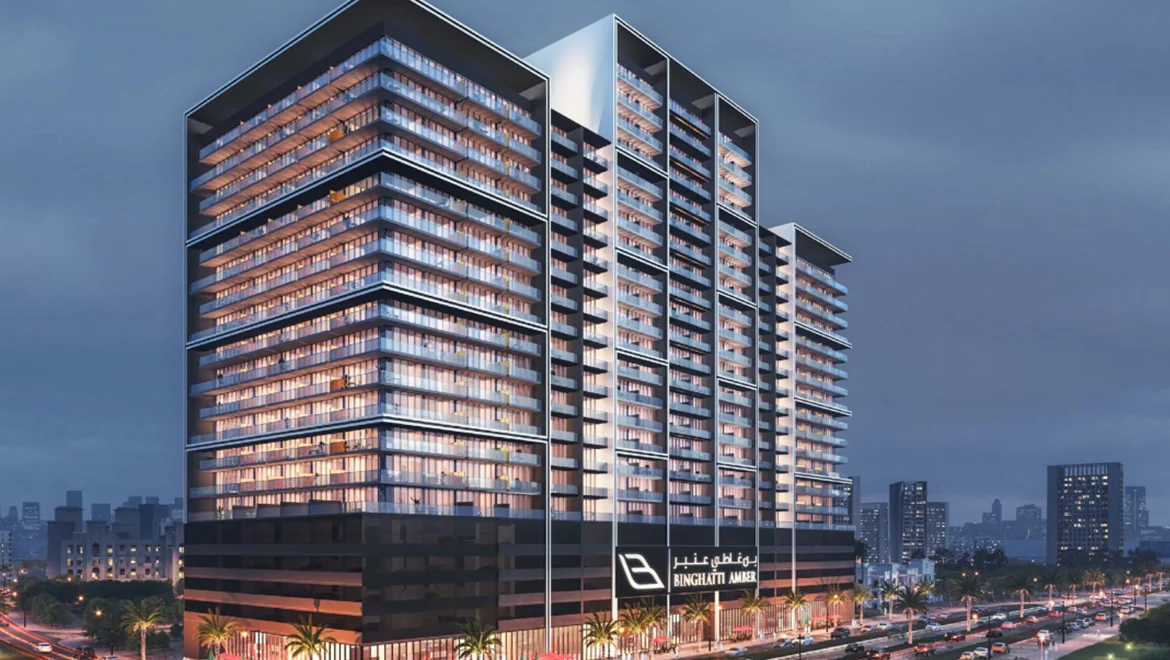
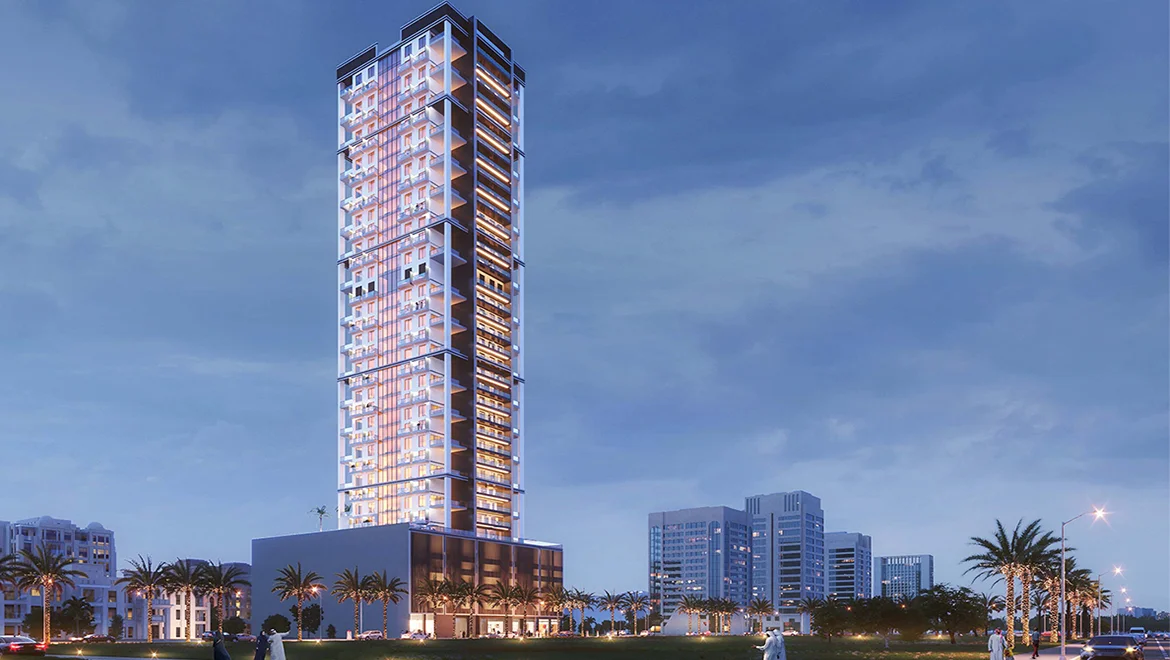



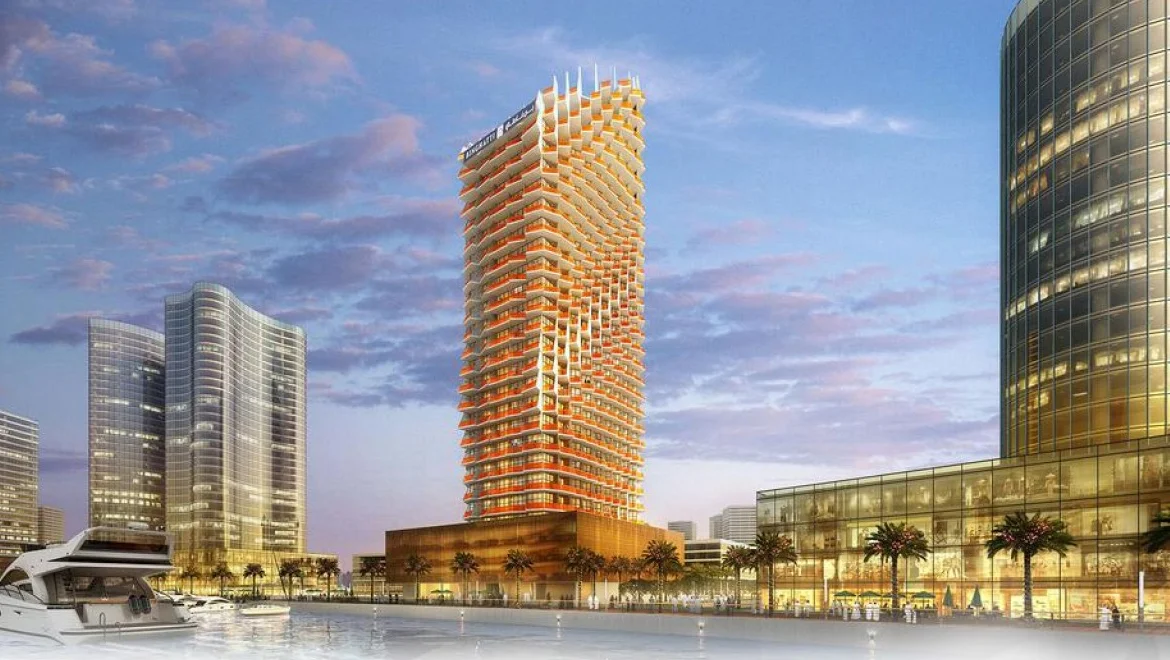
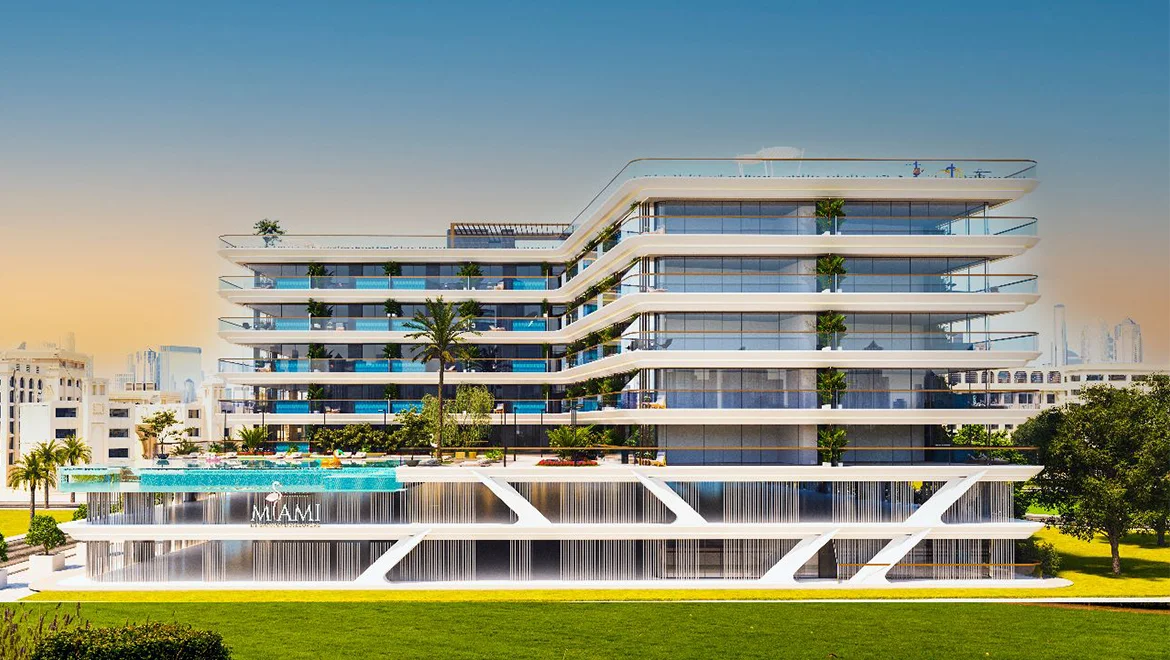

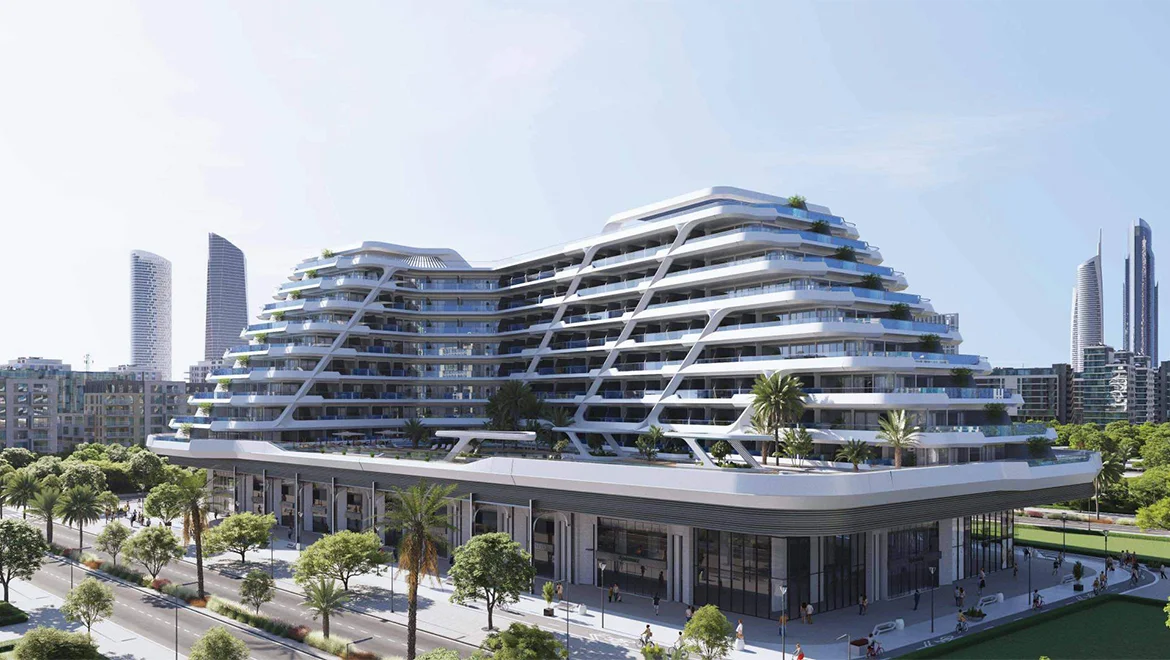
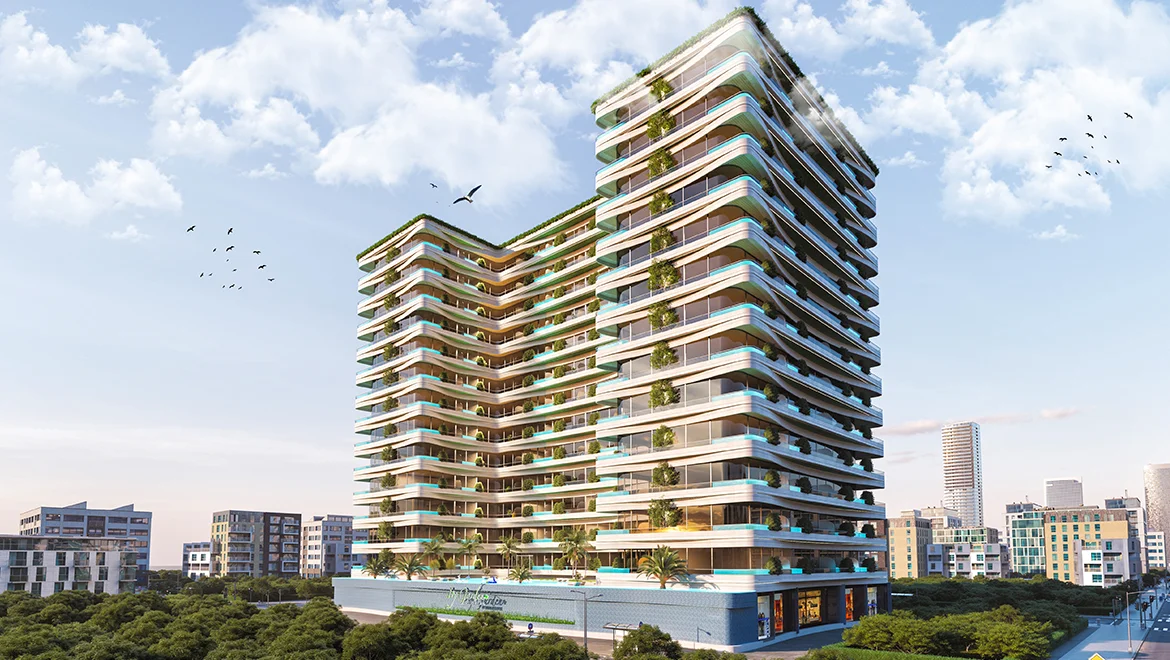
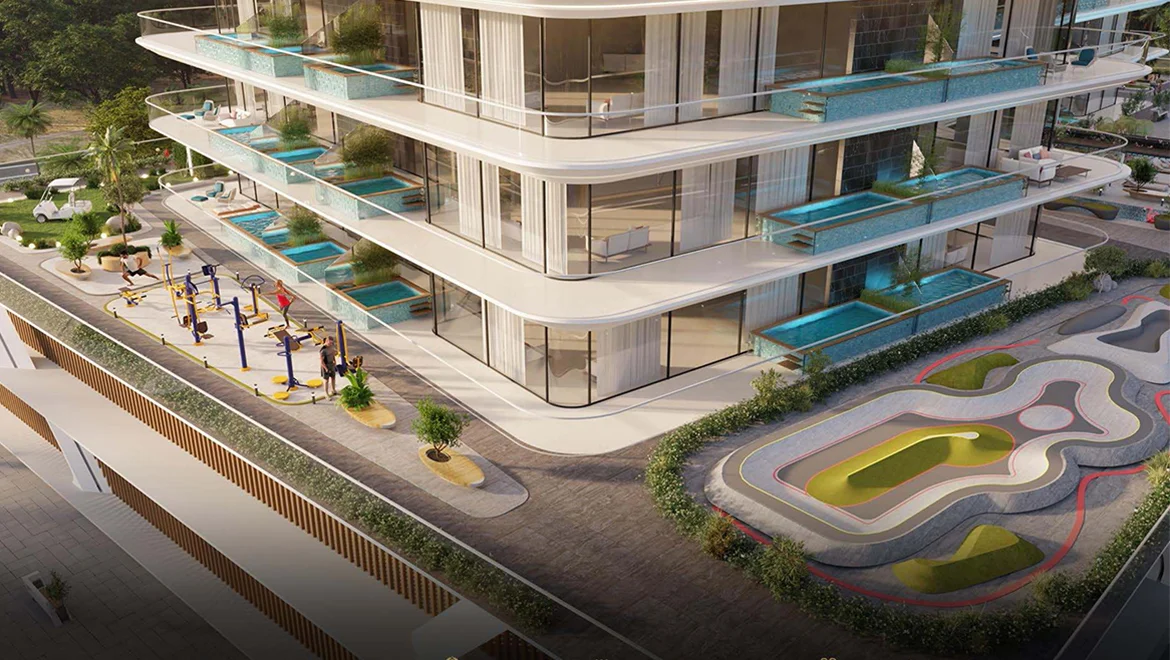
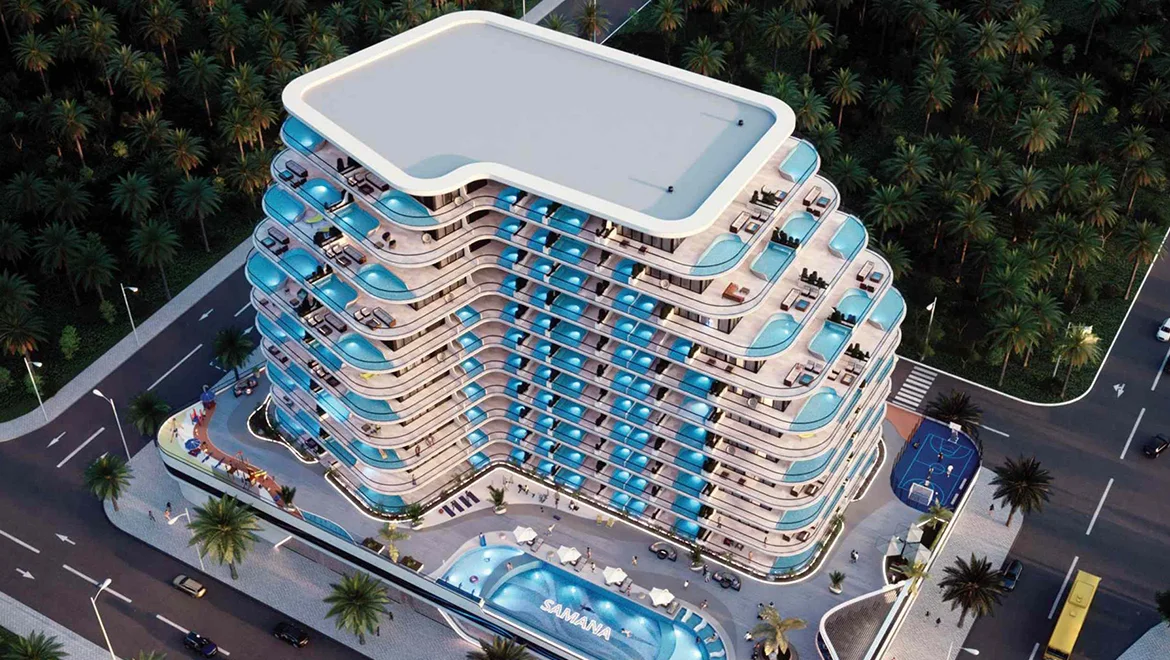
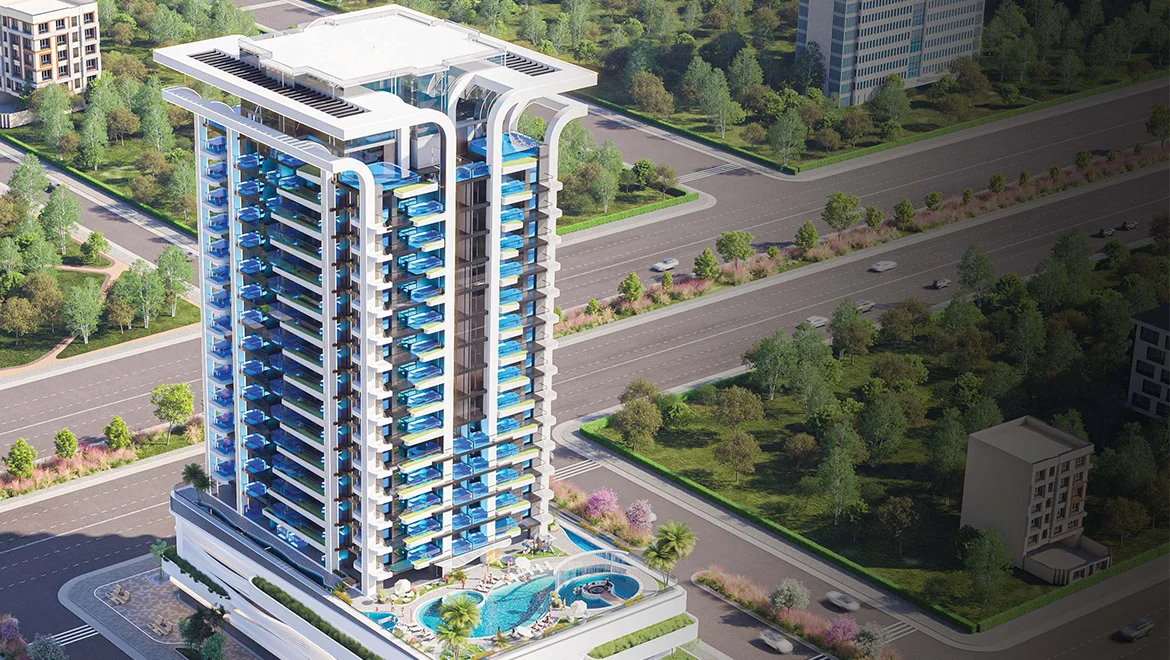
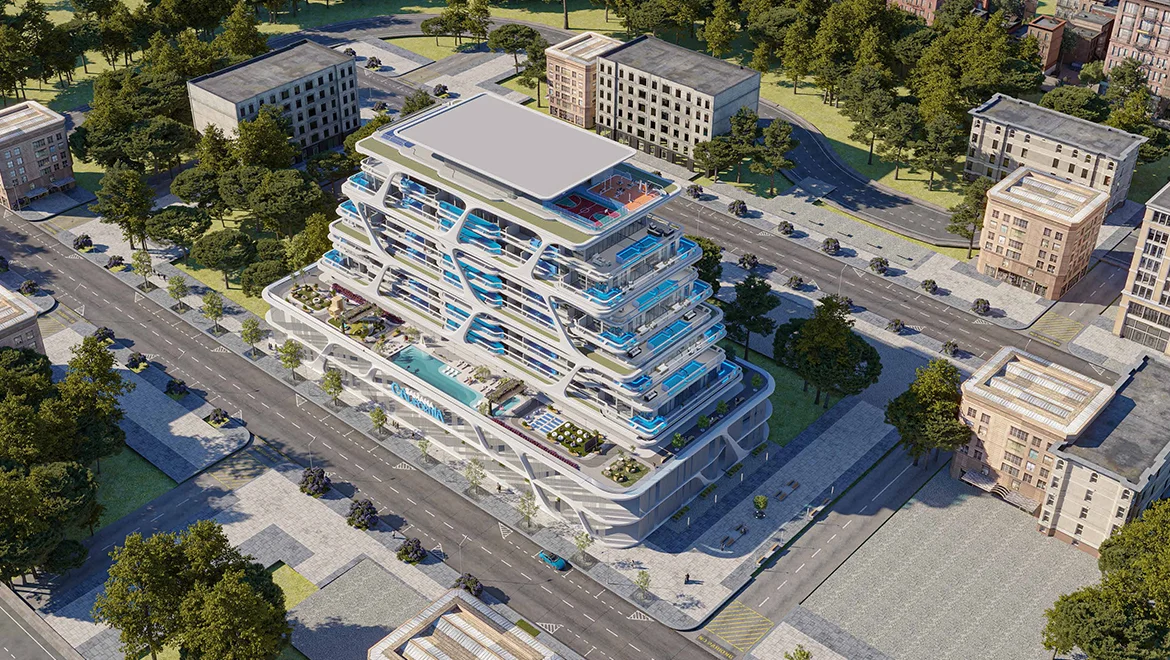

Comments (0)